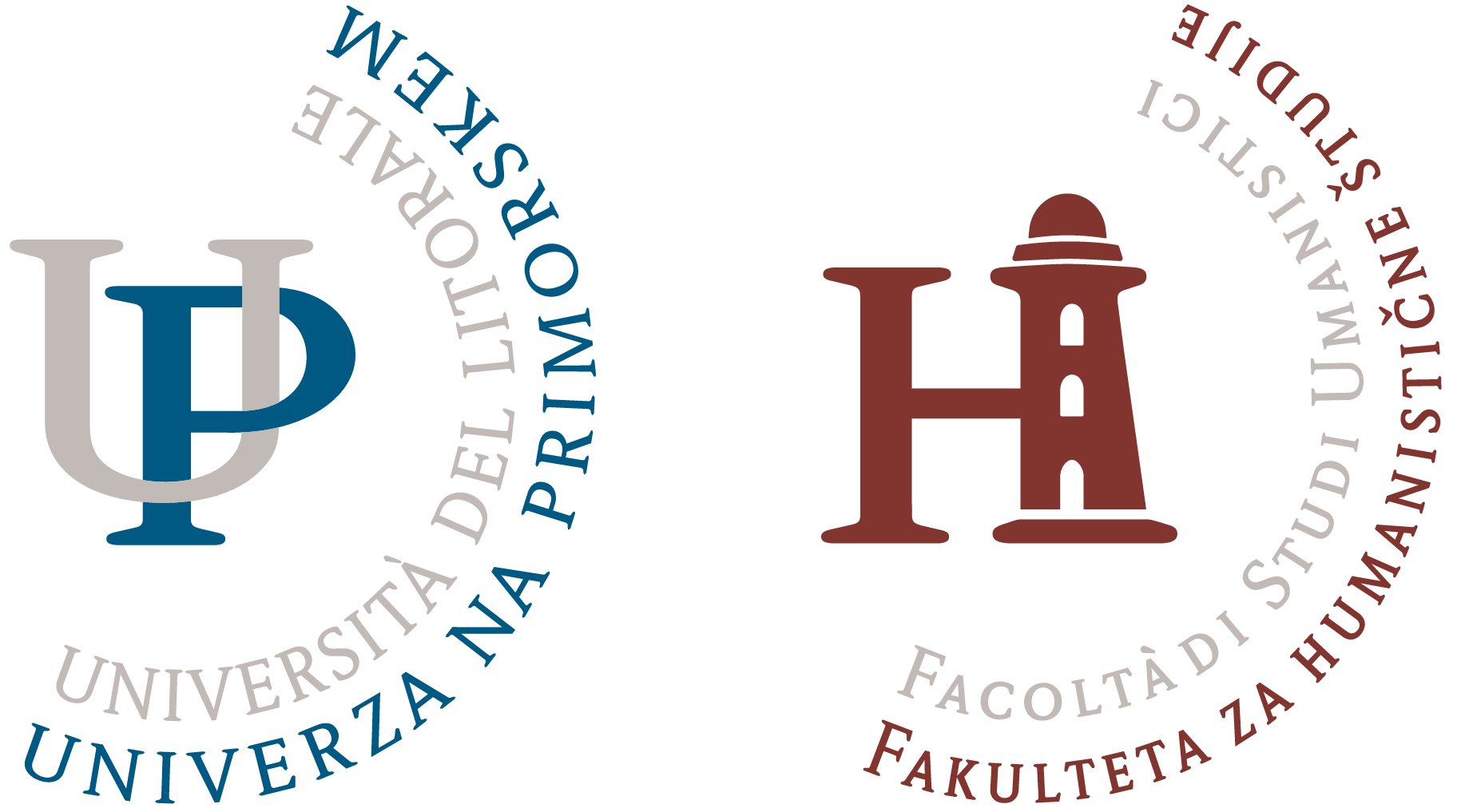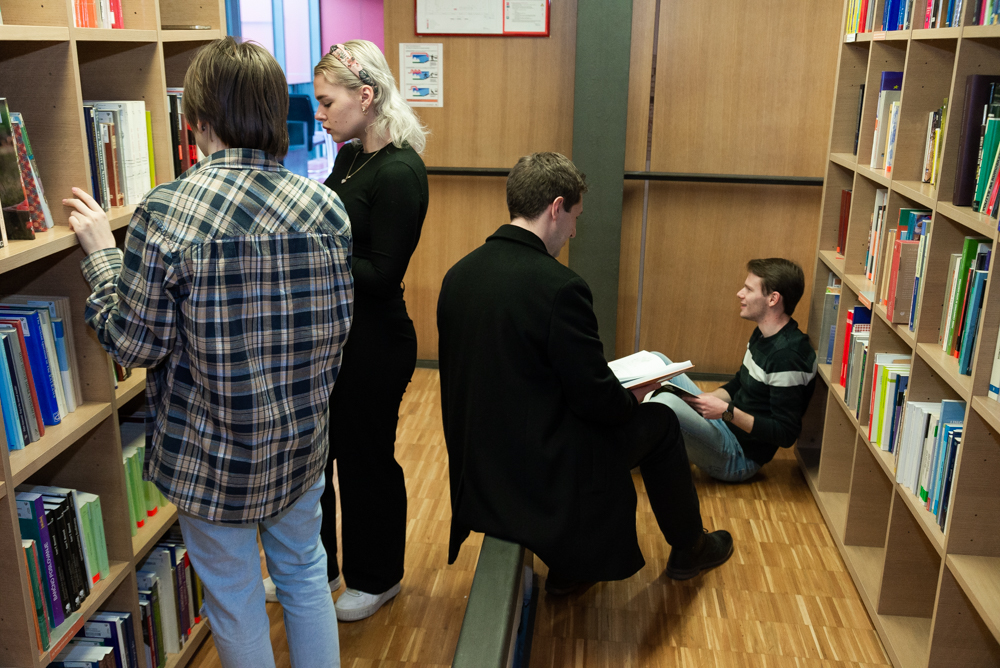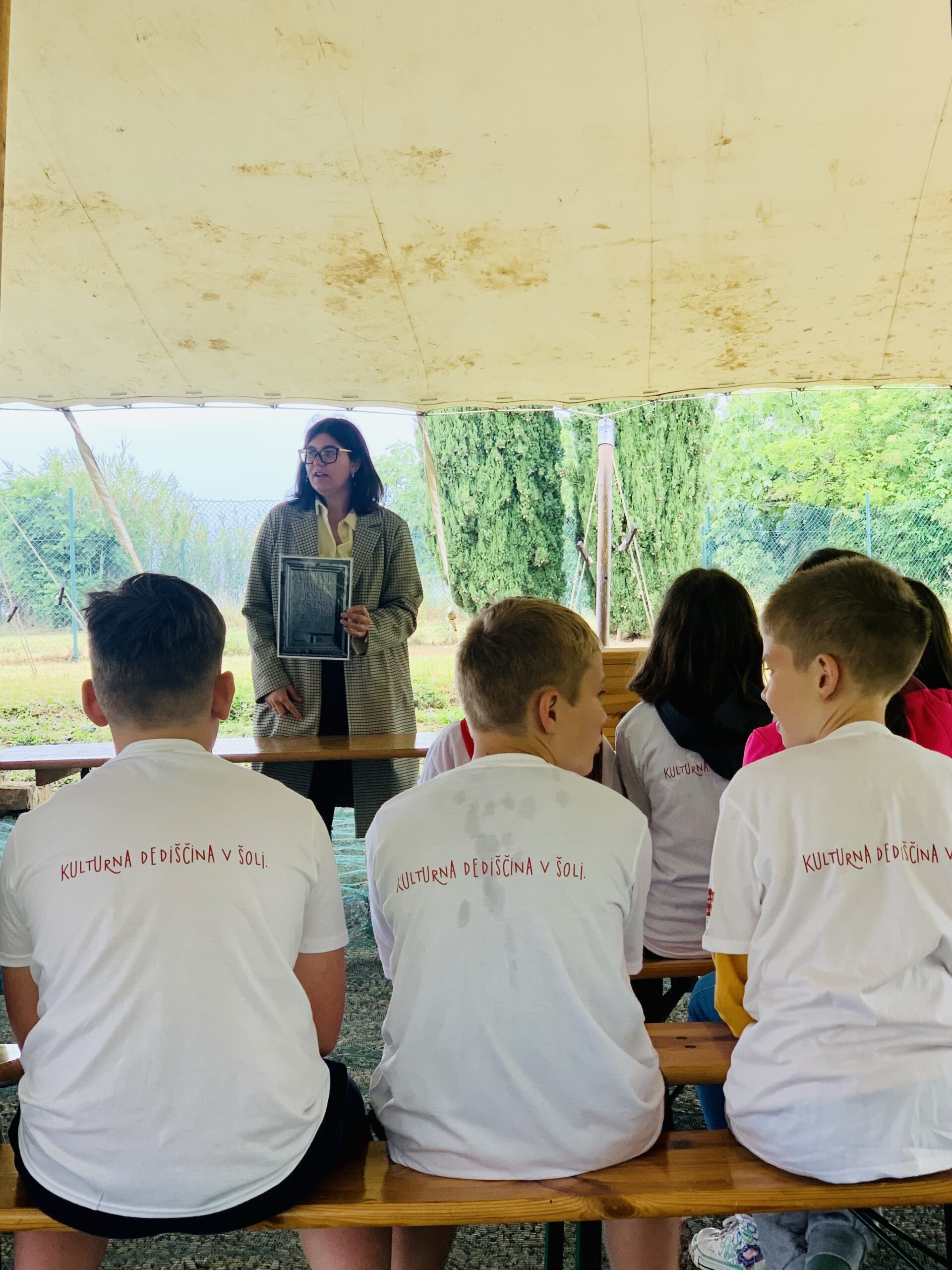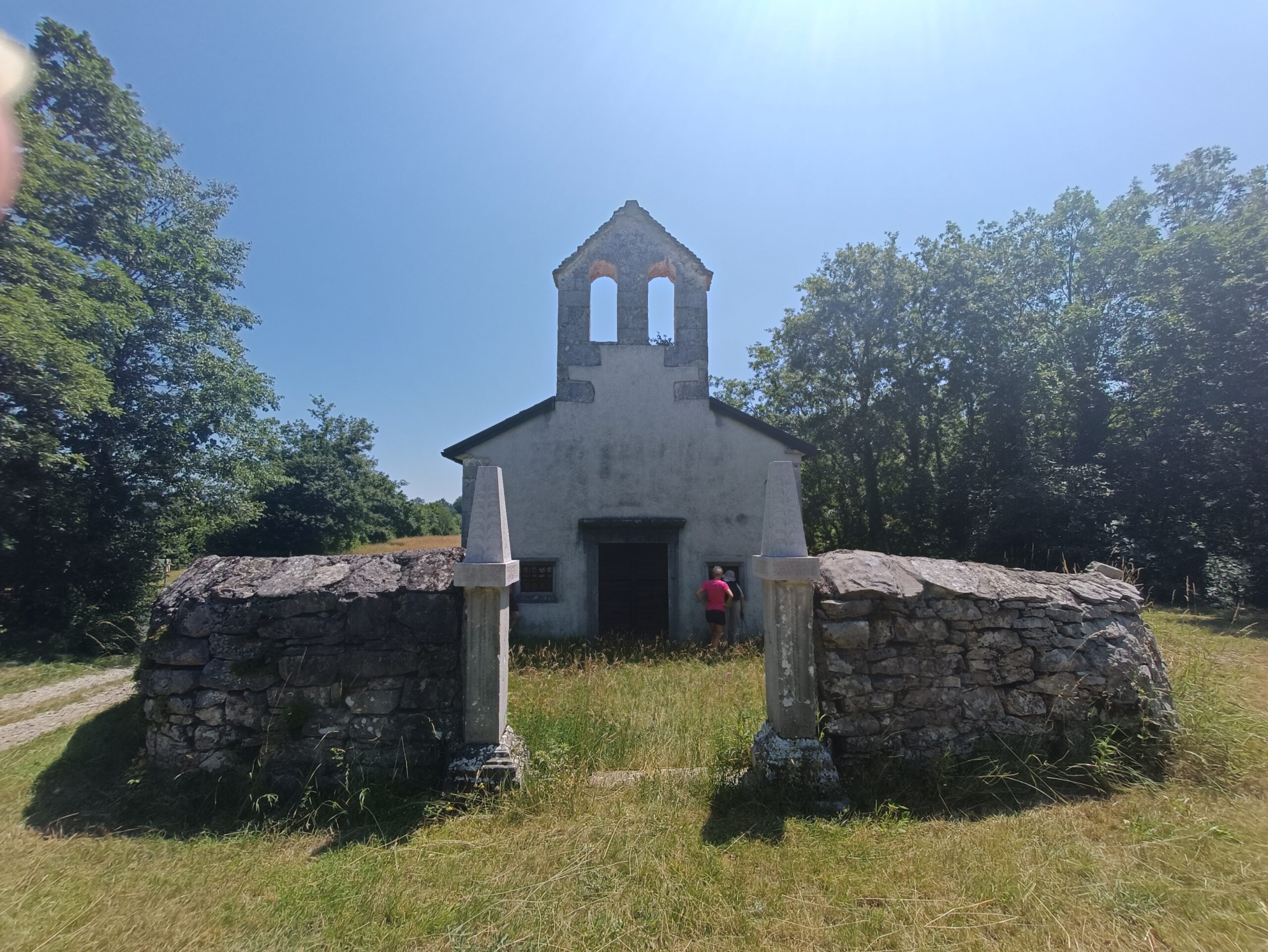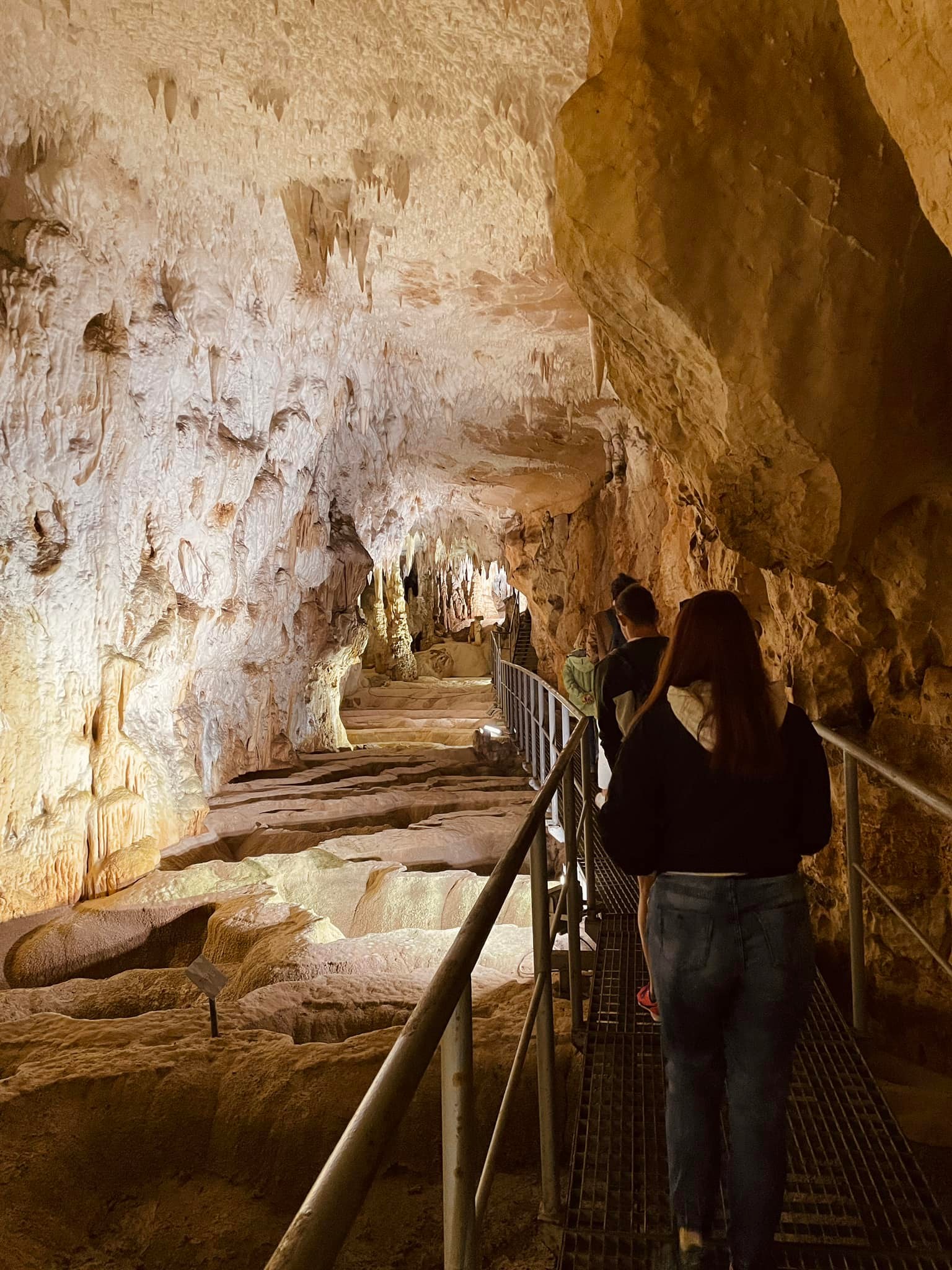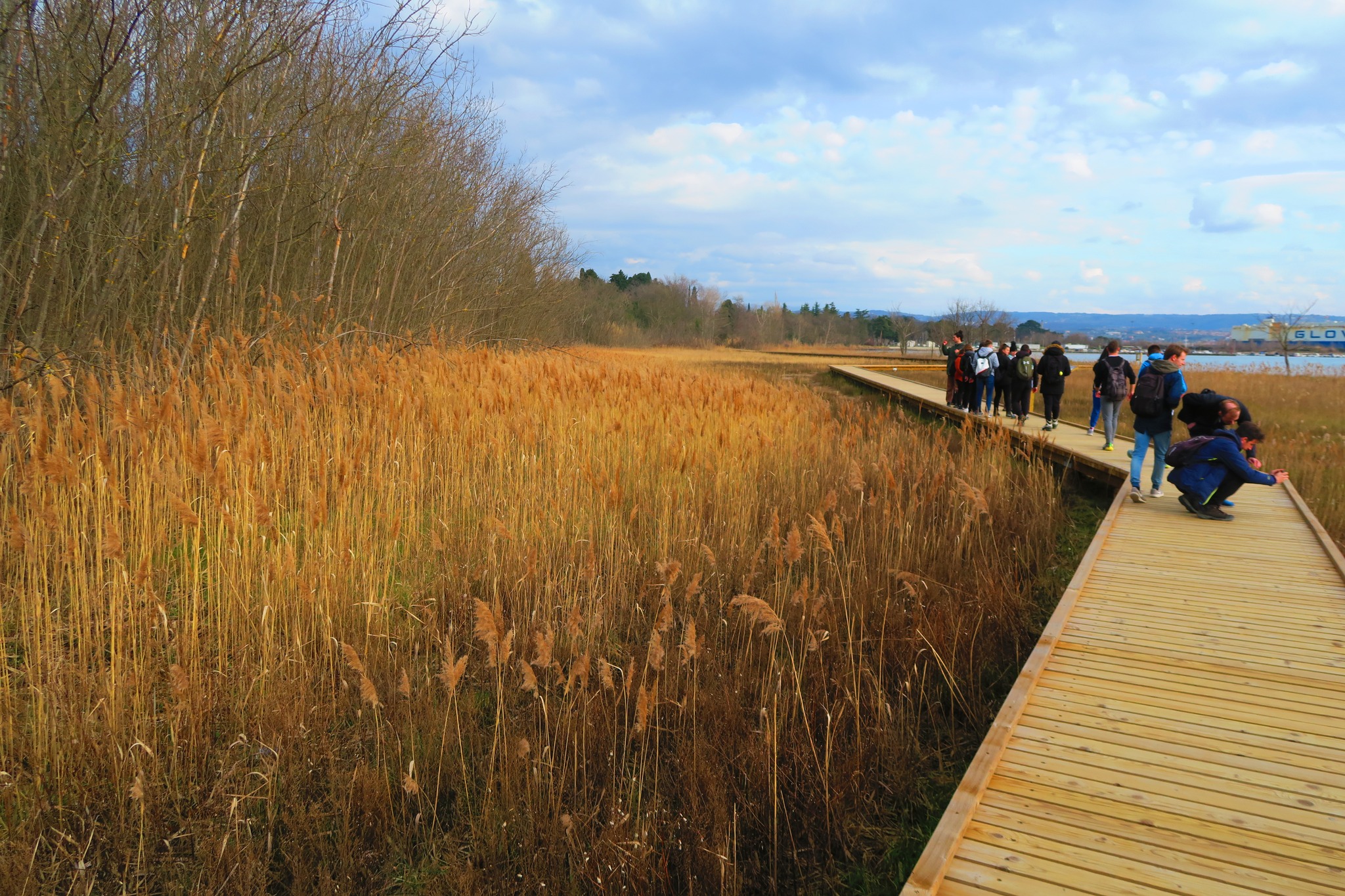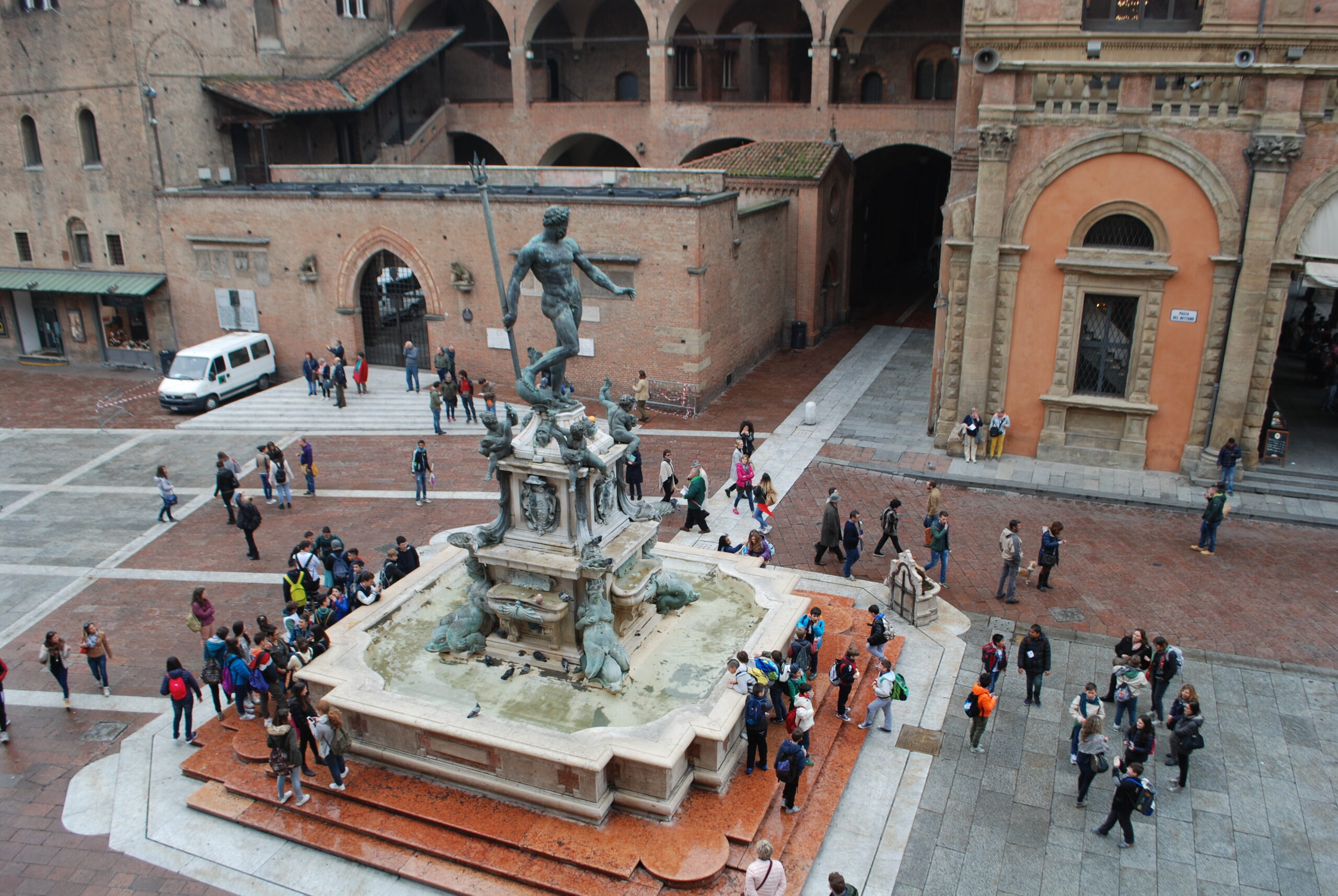Cultural Heritage
Double-discipline Bachelor`s Study Programme
Presentation
The Cultural Heritage study program is the only one in Slovenia that offers a comprehensive understanding of heritage and is not limited to looking at a single feature.
The course fills the professional field of preservation, protection, promotion, development and marketing of cultural heritage. At a time when we emphasize interdisciplinarity, the integration of diversity, cultural and regional diversity, and the richness of the heritage of the environment in which we live, as well as the principles of sustainable development, the study of cultural heritage offers the real challenges of modern times and new employment opportunities.
The programme provides an introduction to cultural heritage in the broadest sense and familiarizes students with the main laws of heritage protection and its importance for modern life. It offers students an introduction to tangible and intangible cultural heritage and an interdisciplinary perspective on the professional maintenance and preservation of cultural heritage. In terms of content, it is designed as an interweaving of archaeology, art history, ethnology, architecture and history.
An important part of the study is practical and field work, professional excursions, which directly confront students with problems, projects and the situation in the field of heritage, exchange of experiences, opinions and views on many issues. Students acquire knowledge of the processes of documentation, administrative management and professional processing of all areas of heritage, which enables them to be employed in regional and national public institutions, state administrations, heritage marketing and promotion institutions, media editorial offices and promotion agencies in the field of heritage and tourism. Graduates can continue their studies in postgraduate study programs.
Programme information
Curriculum single-discipline
Curriculum double-discipline
Title and Level of Qualification
Bachelor (BA) in cultural heritage and …
Type and Duration
Double-discipline undergraduate programme, full-time study
Duration: 3 Years / 90 ECTS
Classification (KLASIUS-P-16)
0222 History and Archaeology
Admission Requirements 2024/25
Admission to the first year of study programme Cultural Heritage shall be granted to candidates who have:
a) passed the general matura examination;
b) passed the vocational matura in one of the four-year secondary-school programmes that is
classified in:
– KLASIUS-P-16 classification: broad area 02; or
– FORD classification: area 6; or
– ARRS classification: area 6; or
– CERIF classification: area H;
and also passed a final examination in one of the general matura subjects: Philosophy, Geography, History, History of Art, Sociology, Biology, Latin, Greek, Economy; the selected subject cannot be the same as the subject passed in the framework of the vocational matura;
c) successfully completed any four-year secondary-school programme before 1 June 1995.
In Case of Enrolment Limitation
the candidates under a) and c) are selected according to:
– overall performance in the general matura or final exam respectively: 70 % of points awarded,
– overall performance in secondary grades 3 and 4: 30 % of points awarded.
the candidates under b) above are selected according to:
– overall performance in the vocational matura: 40 % of points awarded,
– overall performance in secondary grades 3 and 4: 30 % of points awarded,
– the performance in the selected general matura subject: 30 % of points awarded.
Admission Requirements 2025/26
Admission to the first year of study programme Cultural Heritage shall be granted to candidates who have:
a) passed the general matura examination;
b) passed the vocational matura in one of the four-year secondary-school programmes that is classified in:
– KLASIUS-P-16 classification: broad area 02; or
– FORD classification: area 6; or
– ARRS classification: area 6; or
– CERIF classification: area H;
and also passed a final examination in one of the general matura subjects: Philosophy, Geography, History, History of Art, Sociology, Biology, Latin, Greek, Economy; the selected subject cannot be the same as the subject passed in the framework of the vocational matura;
c) successfully completed any four-year secondary-school programme before 1 June 1995.
Number of available Places
Slovenian citizens and other citizens of Member States of the European Union:
- in Slovene language – 16
- in English language – 12
Slovenians without Slovenian citizenship:
- in Slovene language – 2
- in English language – 1
Foreign citizens of non-European Union countries:
- in Slovene language – 3
- in English language – 12
Parallel studies:
- in Slovene language – 2
- in English language – 1
Undergraduate Study Programmes
